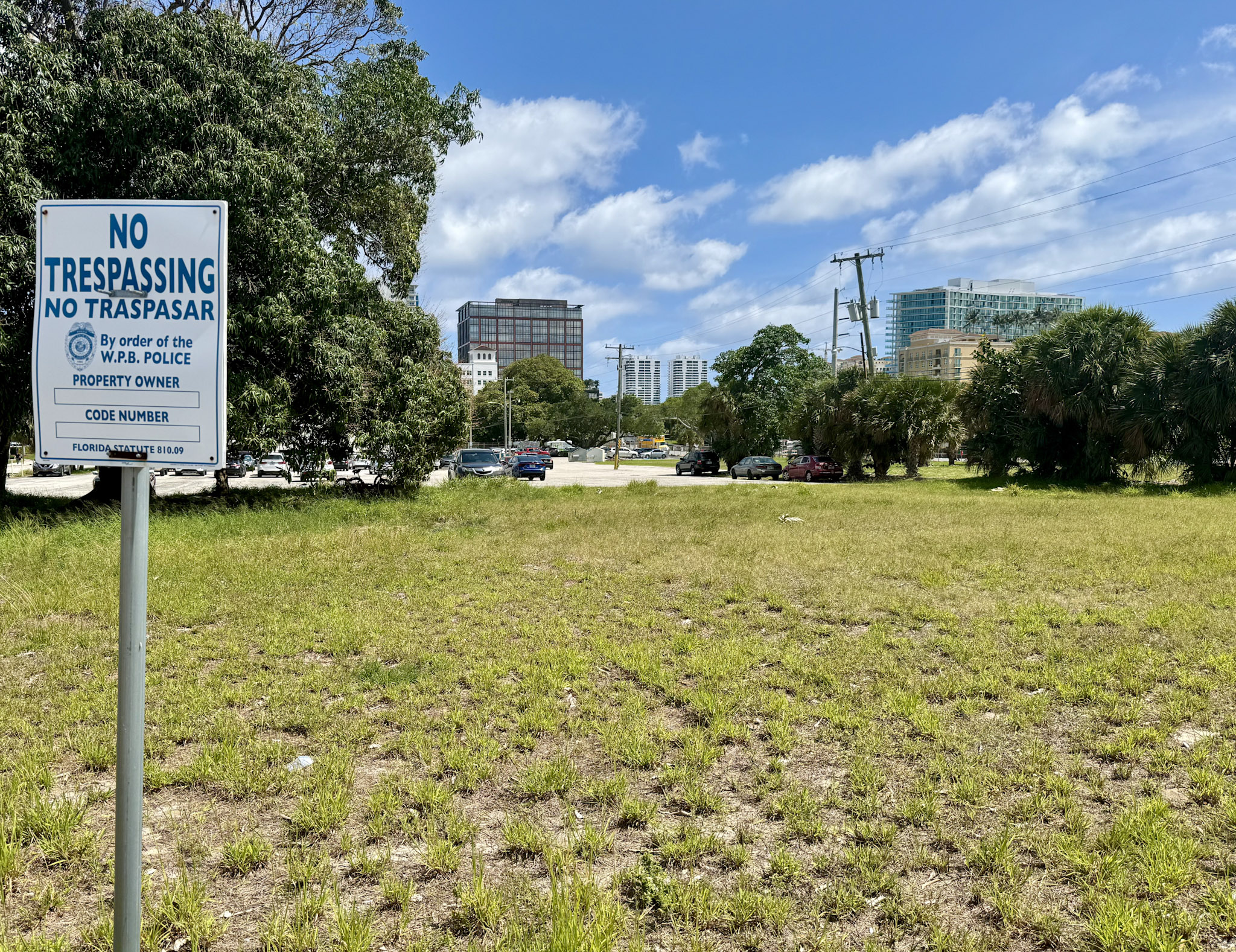Report on U.S. Higher Education Governance and its Alignment with Sustainable Development Goals
Introduction: A Critical Juncture for Institutional Integrity and the 2030 Agenda
Recent leadership crises within U.S. higher education, such as the politically pressured resignation at the University of Virginia, signal a critical threat to the governance structures that underpin the sector. This report analyzes these developments through the lens of the United Nations Sustainable Development Goals (SDGs), arguing that the erosion of traditional governance models jeopardizes the ability of universities to contribute to global sustainability targets. The foundational model of independent fiduciary oversight has long enabled the academic freedom and innovation necessary for higher education to fulfill its societal mission, a mission intrinsically linked to achieving the SDGs.
Threats to Governance and the Impact on SDG 4: Quality Education
The Foundational Role of Autonomous Governance in Education Quality
The U.S. higher education system is built upon a unique governance model where independent trustees act as fiduciaries, safeguarding institutional autonomy and mission fulfillment. This structure is a prerequisite for achieving SDG 4 (Quality Education), as it preserves the academic freedom and fosters the innovation that are hallmarks of a high-quality educational environment. By acting as stewards of the public trust, governing boards create the stability required for institutions to provide inclusive and equitable quality education.
Erosion of Governance and Direct Challenges to SDG 4
This established model is facing significant disruption from external, ideologically driven influences that encourage trustees to act as political agents rather than impartial fiduciaries. This shift directly undermines the core tenets of SDG 4 by compromising institutional integrity and academic quality. The consequences include:
- Politicized decision-making that can compromise curriculum and research integrity.
- The potential for academic censorship, limiting free inquiry and debate.
- Diminished presidential authority, hindering effective institutional management.
- A significant loss of public trust, eroding the perceived value and credibility of higher education.
Governance Integrity as a Cornerstone of SDG 16: Peace, Justice, and Strong Institutions
Universities as Pillars of Institutional Strength
Higher education institutions are critical components of the “strong institutions” envisioned in SDG 16. Their stability, accountability, and inclusivity are vital for a functioning democracy and a just society. The traditional governance model, which emphasizes independent judgment aligned with the institutional mission, is designed to build and maintain these very characteristics.
The Destabilizing Effect of Ideological Interference
When governing boards deviate from their fiduciary duties under the influence of external agendas, they threaten the institutional stability that SDG 16 seeks to promote. This violation of institutional autonomy is destabilizing and directly contravenes the goal of building effective and accountable institutions. Key indicators of this institutional decay include:
- Fractured boards unable to reach consensus on mission-critical issues.
- Trustees acting independently of board consensus, undermining governance norms.
- Overstepping of management boundaries, creating conflict and inefficiency.
- Weakened board cohesion and a damaged institutional culture.
If this governance failure persists, the promise of U.S. higher education and its vital role in supporting a democratic society will be severely compromised, representing a direct setback for SDG 16.
A Strategic Framework for Realigning with Sustainable Development Principles
The “Govern NOW” Initiative as a Response
In response to these threats, the Association of Governing Boards of Universities and Colleges (AGB) has launched the “Govern NOW” initiative. This program provides essential tools to help governing boards reaffirm their commitment to principles of good governance, which are fundamental to supporting the broader 2030 Agenda for Sustainable Development. The initiative offers a framework for boards to assess their practices and recommit to their core responsibilities.
Recommendations for Governing Boards
To safeguard institutional integrity and ensure continued contributions to the Sustainable Development Goals, it is imperative that every trustee and governing board undertake a rigorous self-assessment. The following actions are recommended:
- Utilize the AGB’s models of governance comparison and checklist to evaluate board culture, boundaries, and practices.
- Assess whether board decisions reflect independent judgment aligned with the institutional mission or the influence of external agendas.
- Engage in transparent and constructive dialogue with the university president to ensure unified leadership.
- Recommit to the fiduciary responsibilities of mission stewardship and upholding the public trust.
- Lead with clarity and courage to protect the institution from ideological hijacking, thereby securing its capacity to advance SDG 4, SDG 16, and the wider 2030 Agenda.
Analysis of Sustainable Development Goals in the Article
SDG 4: Quality Education
- The article’s central theme is the governance and integrity of higher education institutions in the U.S. It discusses how political pressures and ideological interference threaten the quality, autonomy, and mission of universities and colleges. This directly relates to ensuring the provision of quality tertiary education.
SDG 16: Peace, Justice and Strong Institutions
- The article extensively discusses the governance model of higher education, emphasizing the need for “effective, accountable and transparent institutions.” It highlights threats to this model, such as “politicized decision-making,” “loss of public trust,” and the erosion of institutional autonomy, which are core concerns of SDG 16. The call for boards to act as “stewards of the public trust” and uphold “governance integrity” aligns perfectly with the goal of building strong institutions.
Identified SDG Targets
SDG 4: Quality Education
-
Target 4.3: By 2030, ensure equal access for all women and men to affordable and quality technical, vocational and tertiary education, including university.
- The article warns that if governance fails, “academic quality is weakened,” directly impacting the quality aspect of this target. The entire discussion is about preserving the “promise of U.S. higher education” and its “global prominence,” which are built on the foundation of quality.
SDG 16: Peace, Justice and Strong Institutions
-
Target 16.6: Develop effective, accountable and transparent institutions at all levels.
- The article is a direct call to action for this target within the higher education sector. It contrasts the ideal of “independent citizen trustees” exercising “fiduciary oversight” with the threat of trustees serving as “ideological agents.” The launch of the “Govern NOW” initiative and the “checklist for governance integrity” are presented as tools to help boards become more effective and accountable.
-
Target 16.7: Ensure responsive, inclusive, participatory and representative decision-making at all levels.
- The article warns against “politicized decision-making” and trustees who “act independently of board consensus.” It advocates for governance that is aligned with the “institution’s mission” and serves the “best interests of the university or college,” which implies a responsive and representative decision-making process free from narrow external agendas.
-
Target 16.10: Ensure public access to information and protect fundamental freedoms, in accordance with national legislation and international agreements.
- The article explicitly states that when governance is compromised, “academic freedom is compromised.” It also mentions “academic censorship” as a negative consequence of ideological interference. Protecting academic freedom is a key component of protecting fundamental freedoms as outlined in this target.
Implied Indicators for Measuring Progress
For Target 4.3 (Quality Tertiary Education)
- Preservation of academic quality: The article implies this can be measured by tracking whether academic quality is “weakened” or upheld, and by monitoring the “global prominence of the sector.”
For Target 16.6 (Effective, Accountable, Transparent Institutions)
- Integrity of governance practices: The article suggests this can be assessed using tools like the “AGB models of governance comparison and checklist for governance integrity” to distinguish between effective governance and ideological overreach.
- Board cohesion and culture: The article points to “fractured boards” as a negative outcome, implying that a cohesive board culture is a positive indicator of institutional health.
- Stability of institutional leadership: The forced “resignation of the University of Virginia president” is presented as a “canary-in-a-coal-mine moment,” suggesting that leadership stability is an indicator of sound governance.
For Target 16.7 (Responsive, Inclusive Decision-Making)
- Alignment of decisions with institutional mission: The article suggests measuring whether board decisions reflect “independent judgment aligned with the institution’s mission” versus the “influence of external agendas.”
For Target 16.10 (Protect Fundamental Freedoms)
- Level of academic freedom: The article explicitly identifies the compromise of “academic freedom” and the presence of “academic censorship” as key indicators of failing governance.
- Level of public trust: The article warns of the “loss of public trust” and its erosion, making the measurement of public trust in higher education a relevant indicator.
Summary of Findings
| SDGs | Targets | Indicators (Mentioned or Implied in the Article) |
|---|---|---|
| SDG 4: Quality Education | 4.3: Ensure equal access to affordable and quality tertiary education. |
|
| SDG 16: Peace, Justice and Strong Institutions | 16.6: Develop effective, accountable and transparent institutions. |
|
| 16.7: Ensure responsive, inclusive, and representative decision-making. |
|
|
| 16.10: Ensure public access to information and protect fundamental freedoms. |
|
Source: insidehighered.com







